About Brioso Music Academy
At Brioso Music Academy, our experienced and dedicated teachers provide students of all ages and goals with world-class instruction tailored to each student’s individual needs to ensure their learning experience is as positive and effective as possible. The goal of music education should be to foster and develop a lifelong love and appreciation for the arts to enrich people’s lives. Brioso in Italian means “lively and cheerful.” The sound of brioso overlaps with the sound of two words, brilliant and virtuoso. We named our school “Brioso” to express our desire to bring vibrant music and life to everyone involved with Brioso Music Academy and to create a learning environment where every student can shine.
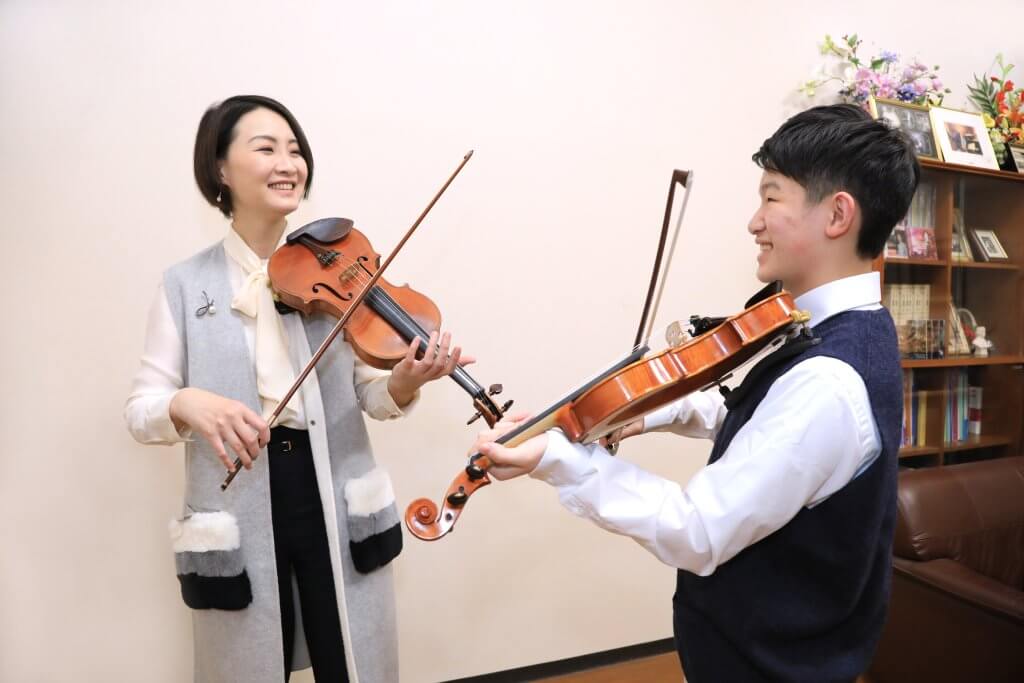
BMA offers one-on-one private lessons, group lessons for beginners, and ensemble lessons. Piano lessons are offered in English and
Japanese, and violin/viola lessons are offered in English, Chinese and Japanese. Graduates of acclaimed music schools, our accomplished faculty members have a deep understanding of various educational systems and connections to help students.
Whether you want to play an instrument, improve your skills, become a professional musician, relearn how to play, or gain experience
in extracurricular activities to attend Ivy League Schools or study abroad. We will support you across all boundaries to achieve your
goal. Student Concerts are held 2~3 times per year, giving students multiple opportunities to demonstrate their hard work.
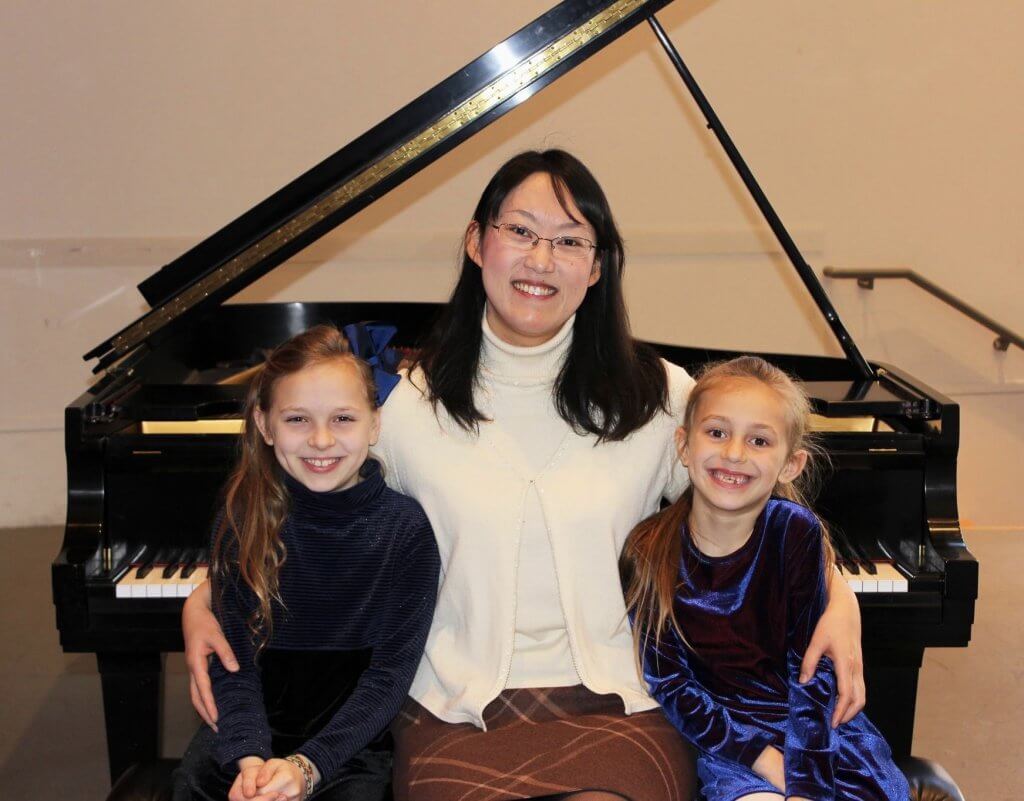
A Message from Director
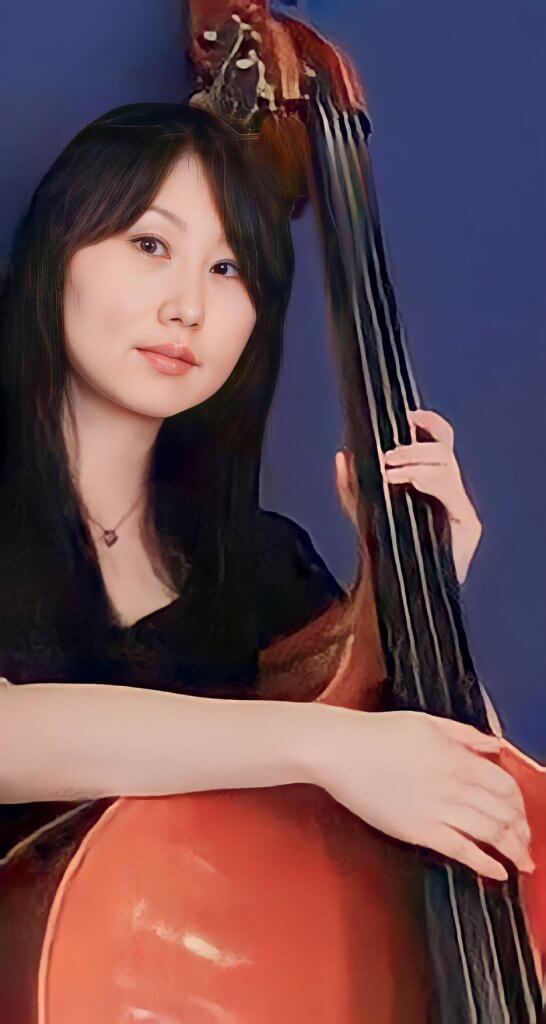
Akiko Kikuchi
Director
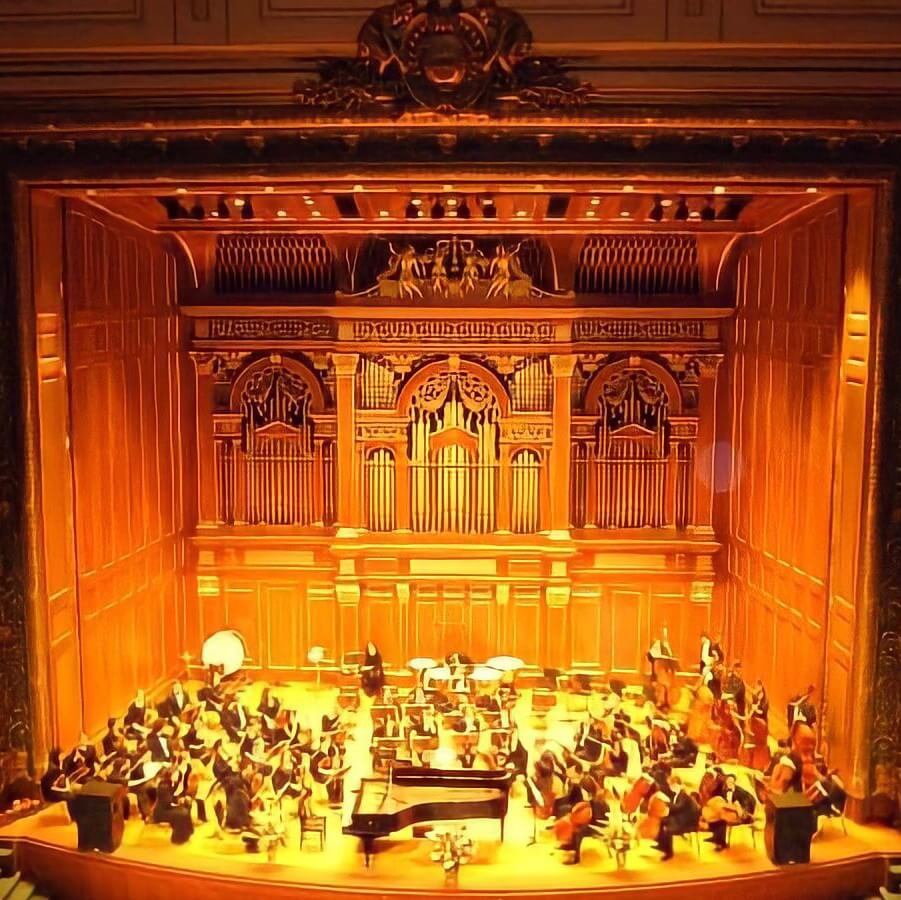
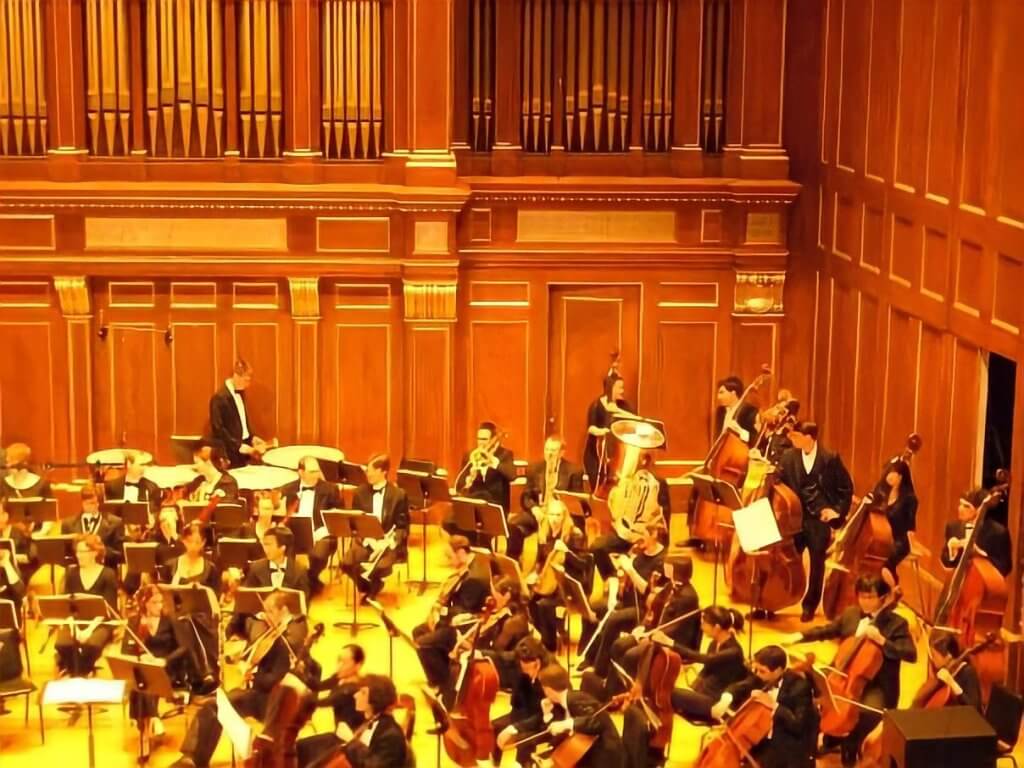
Akiko Kikuchi, Director